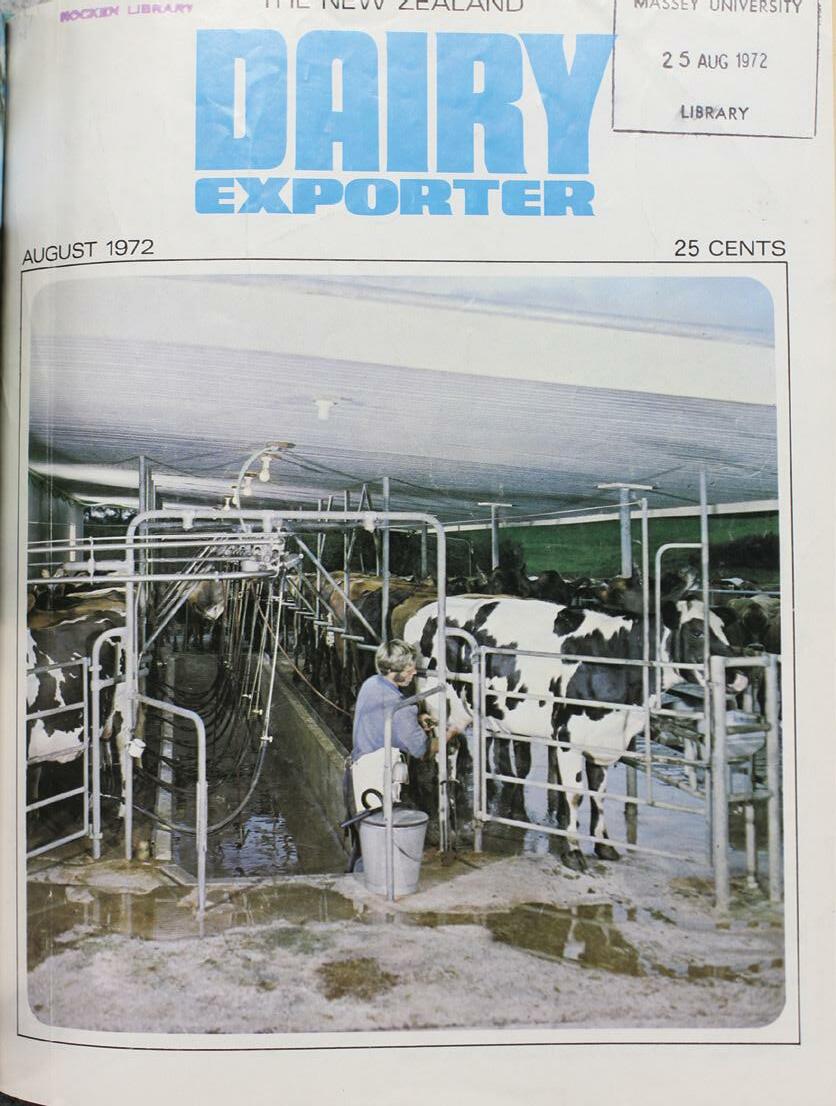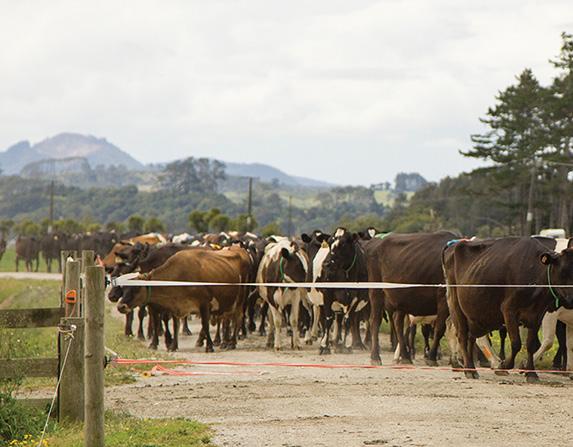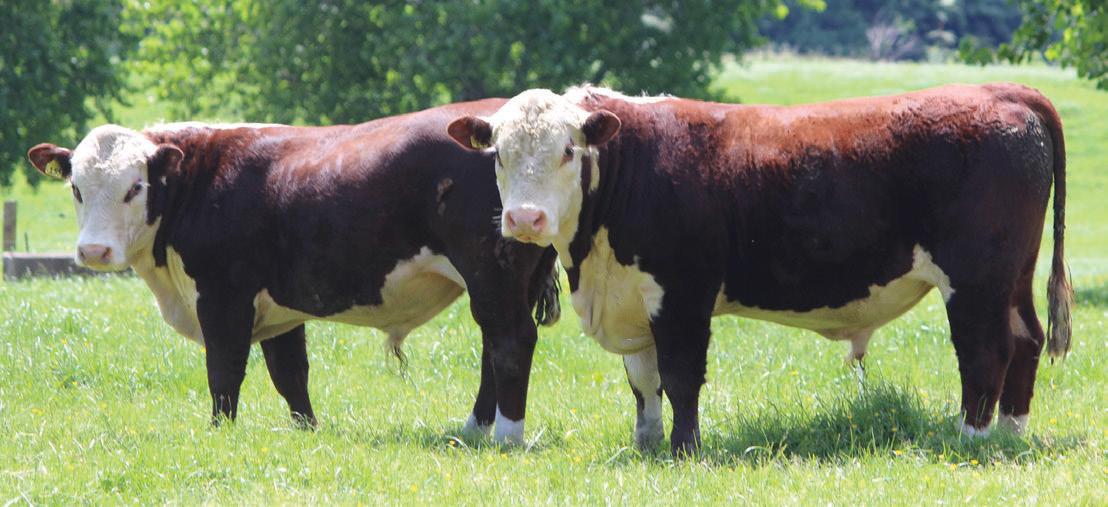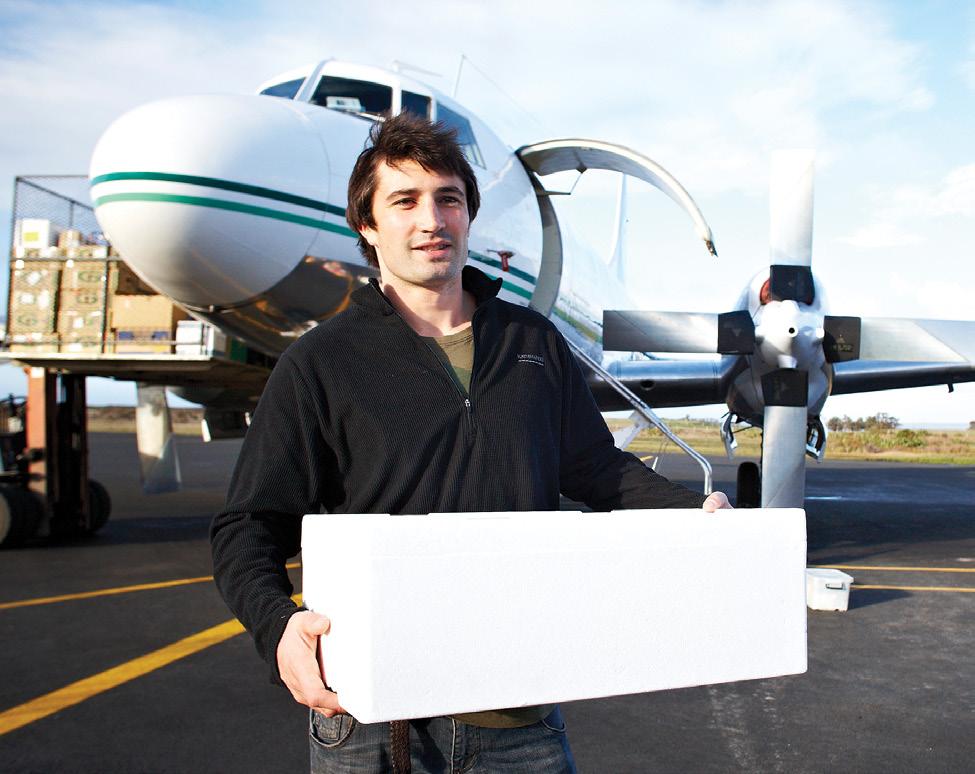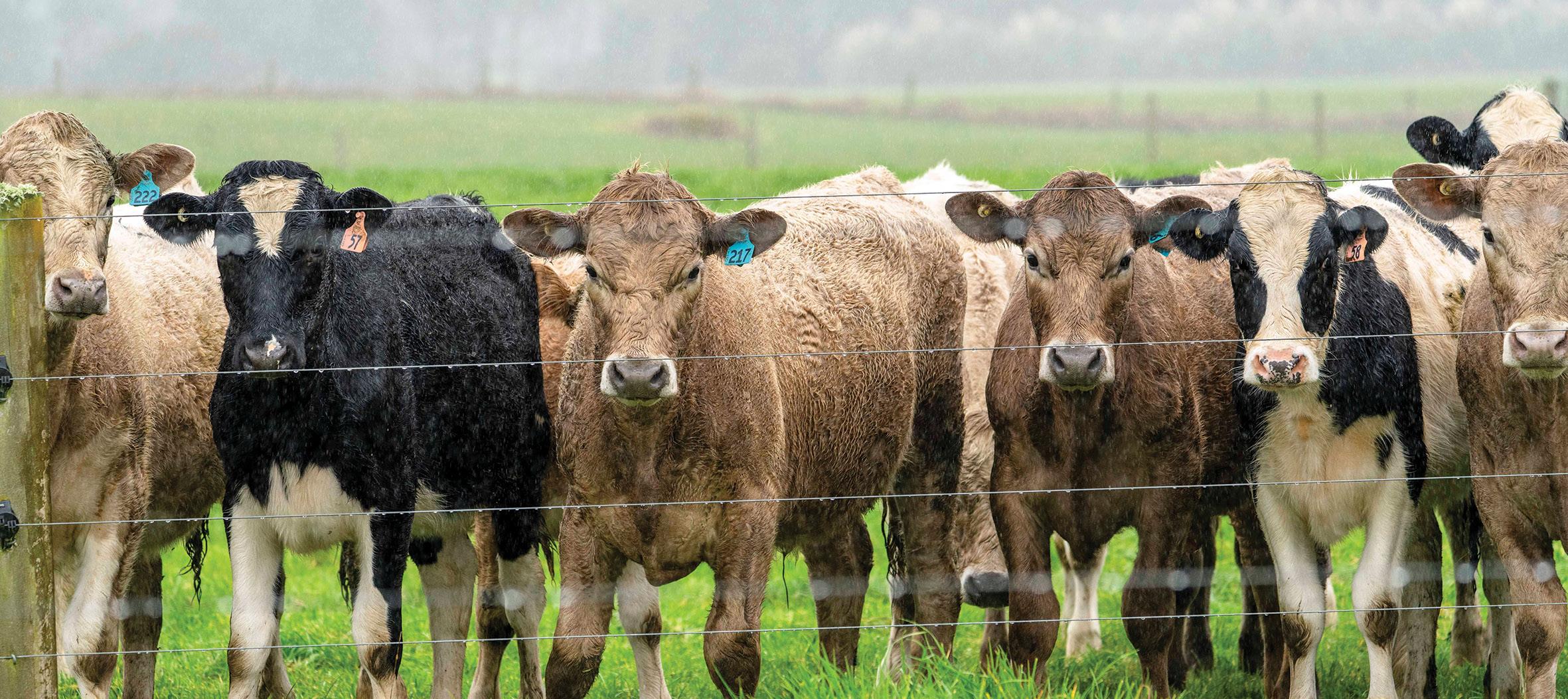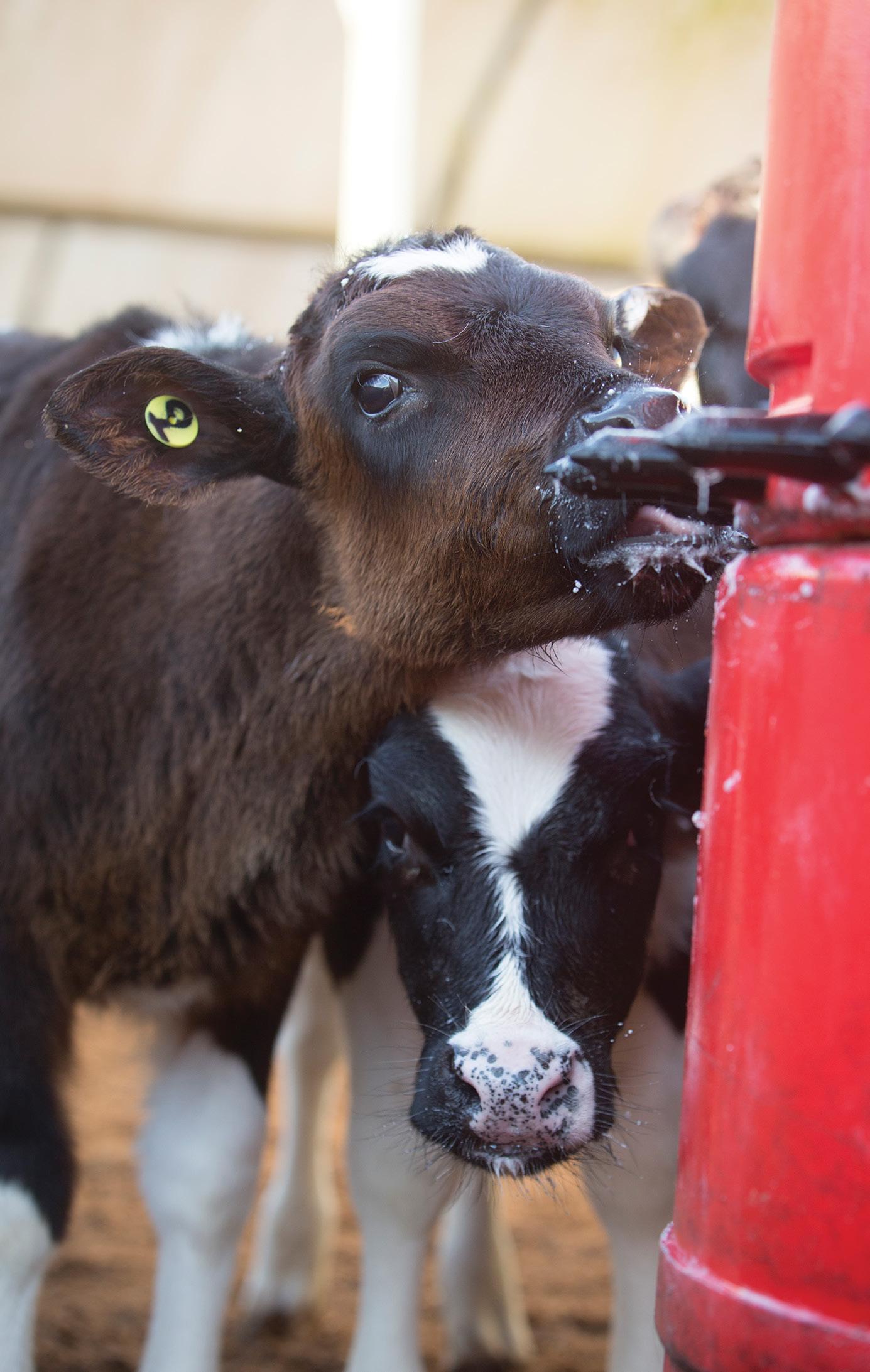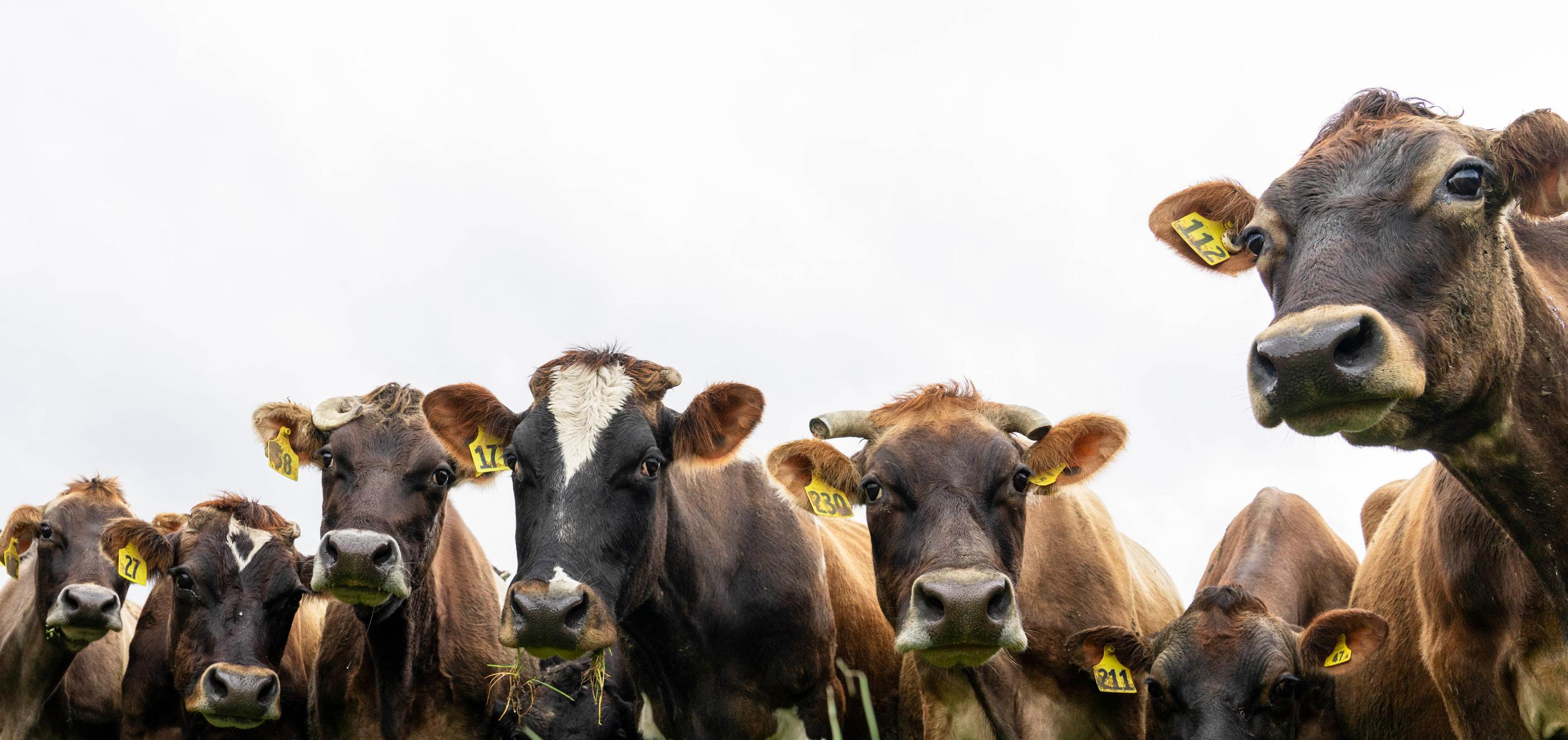INSIGHT
UPFRONT TRADE AGREEMENTS
REALPOLITIK IN WORLD DAIRY MARKETS While industry advocates have bemoaned the limits of the free trade agreement with the European Union - one of the world’s most protected markets, Phil Edmonds looks at the positives.
W
ith the dust settling in the wake of New Zealand and the European Union revealing a free trade agreement had been landed after years of deliberation, the opportunities for dairy export growth need to be reimagined. In the lead up to the EU deal being finalised, some industry advocates were arguing a favourable deal was essential for NZ to ensure the value of our dairy exports could keep growing. What was negotiated, however, was widely acknowledged to be ‘unfavourable’. Does this mean all hopes for growing the value of what we produce have been dealt a fatal blow? The answer is likely no, but it might mean we’ll have to work harder to achieve it. Recently back from the bargaining table, New Zealand’s chief negotiator for the FTA with Europe, Vengalis Vitalis spoke at the Primary Industries Summit in Auckland, and called for those upset by the paucity of sweeteners for dairy to take stock of the wider market reality. Vitalis openly accepted the gains from the deal were miserly and expressed frustration at that. But the context was also important. He noted that NZ is the only market other than the United Kingdom that has preferential access on dairy.
14
Dairy Exporter | www.nzfarmlife.co.nz | August 2022

